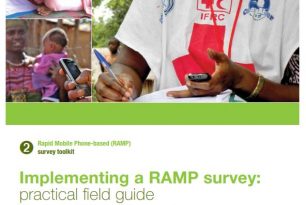
3/5 (1) Rate This! Please rate this content
![]()
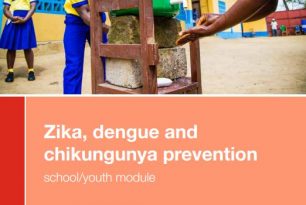
The Zika, dengue and chikungunya prevention school / youth module is intended for volunteers, educators, and peer educators teaching children from ages 7 – 16 in a school or youth club setting about the transmission, symptoms, treatment and prevention methods to address Zika, dengue and chikungunya (ZDC).
![]()
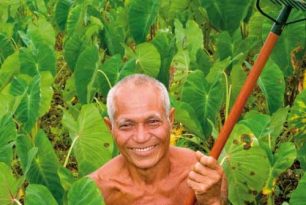
These guidelines aims to guide practitioners go through the various stages in the project cycle. The focus is on providing practical guidance and tips for going through each stage of livelihoods programming in the specific context of early recovery (sections 3 to 8). They are to be used together with existing IFRC tools and guidelines (see section 9).
![]()
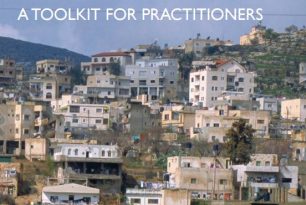
This study aimed to better understand the collective preparedness for future urban emergency responses, and identify concrete best practices and tools to help organisations better implement cash and voucher programmes in challenging urban environments. The following toolkit brings together the collective knowledge of best practices, key issues in programming, and adaptations of cash transfer programme methodologies for urban settings.
![]()
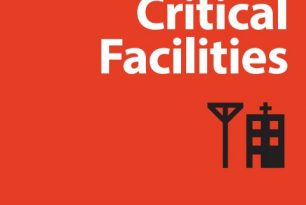
The ‘Toolkit’ is targeted at practitioners responsible for implementing recovery programmes, their objective to provide a ‘how to’ guide on development, implementing and managing complex post-disaster recovery programmes. It has been developed by the Tsunami Global Lessons Learned Project Steering Committee (TGLLP-SC) in partnership with the Asian Disaster Preparedness Centre (ADPC).
![]()
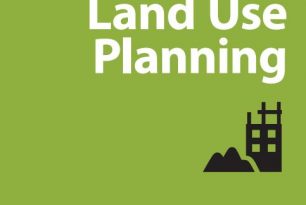
The ‘Toolkit’ is targeted at practitioners responsible for implementing recovery programmes, their objective to provide a ‘how to’ guide on development, implementing and managing complex post-disaster recovery programmes. It has been developed by the Tsunami Global Lessons Learned Project Steering Committee (TGLLP-SC) in partnership with the Asian Disaster Preparedness Centre (ADPC).
![]()